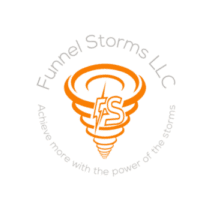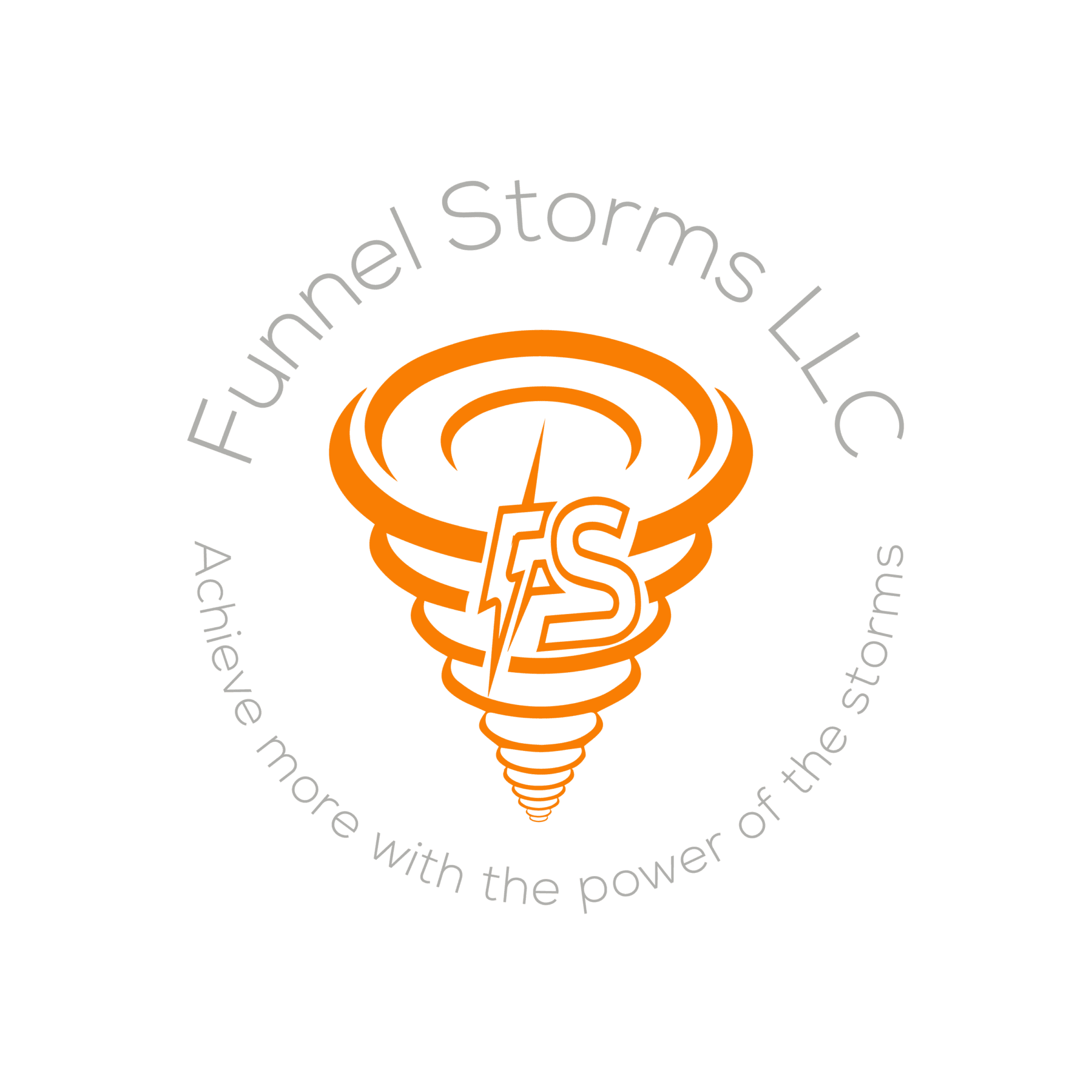
Unlocking the Power of AI in Small Business Marketing
Introduction
In the ever-evolving landscape of business, small enterprises find themselves at a crossroads. The digital revolution is not just a wave; it's a seismic shift, and at the heart of this transformation is Artificial Intelligence (AI). For small businesses, AI isn't merely a technological trend—it's a powerful tool reshaping marketing strategies, introducing efficiency, and enabling personalized interactions with customers. In this exploration, we delve into the role of AI in marketing for small businesses, focusing on unlocking its transformative power.
Understanding AI in Marketing
AI in marketing isn't a futuristic concept; it's a present reality with tangible benefits for small businesses. At its core, AI empowers businesses to make data-driven decisions, enhance customer experiences, and streamline marketing efforts.
1. Personalized Marketing: The Power of Tailored Experiences
Personalized marketing is no longer a luxury; it's a necessity. The era of generic, one-size-fits-all marketing is fading, making way for strategies that resonate with individual customers. AI plays a pivotal role in making this customization scalable and efficient.
How AI Enables Personalized Marketing:
Data Analysis: AI algorithms can analyze vast amounts of customer data, identifying patterns, preferences, and behaviors. This analysis forms the basis for crafting personalized marketing strategies.
Behavior Prediction: By leveraging machine learning, AI can predict customer behavior. For instance, it can anticipate what products a customer might be interested in based on their past interactions.
Dynamic Content: AI-driven systems enable the creation of dynamic content that adapts to individual user preferences. From personalized emails to website content, AI ensures that every customer interaction is tailored.
Practical Implementation:
Small businesses can start by implementing basic personalization techniques, such as personalized email campaigns. AI-powered email marketing tools analyze user behavior, allowing businesses to send targeted messages based on customer preferences.
2. The Rise of Chatbots: Revolutionizing Customer Interaction
In the age of instant communication, customer expectations have undergone a paradigm shift. Enter the chatbot, a digital assistant that's transforming how small businesses interact with their audience.
How AI-Driven Chatbots Work:
Natural Language Processing (NLP): Chatbots equipped with NLP can understand and respond to user queries in a manner that simulates human conversation.
24/7 Availability: Unlike human customer support, chatbots don't sleep. They provide instant responses, enhancing customer experience by ensuring queries are addressed promptly.
User Engagement: Chatbots aren't just for answering questions; they can engage users, provide product recommendations, and even facilitate transactions.
Benefits of Chatbots for Small Businesses:
Cost-Effective Automation: Hiring additional staff for 24/7 customer support might strain a small business's budget. Chatbots offer a cost-effective solution by automating routine tasks.
Lead Generation: Chatbots can be programmed to engage visitors on a website, asking questions and providing information. This not only enhances user experience but also acts as a lead generation tool.
Implementation Tips:
Small businesses can start by integrating chatbots on their websites or social media platforms. Tools like Tars, Chatfuel, and MobileMonkey offer user-friendly interfaces for creating customized chatbots.
3. Crafting Personalized Marketing: A Small Business Guide
The concept of personalized marketing is broad, encompassing various strategies and tools. For small businesses, navigating this landscape efficiently requires a strategic approach.
Components of Personalized Marketing:
Customer Segmentation: Divide your audience into segments based on demographics, behavior, or preferences. This allows for more targeted and relevant marketing campaigns.
Behavioral Targeting: Analyze how users interact with your website or app. Use this data to tailor marketing messages and product recommendations.
Personalized Emails: Craft emails that speak directly to the recipient. Use their name, recommend products based on past purchases, and consider their preferences.
AI Tools for Personalized Marketing:
Email Marketing Platforms: Platforms like Mailchimp and SendinBlue offer AI-driven features for personalized email campaigns.
Customer Relationship Management (CRM) Systems: CRM systems like HubSpot and Zoho can help in managing customer data for personalized interactions.
Personalization Software: Tools like Dynamic Yield or Evergage provide advanced personalization features for websites and online experiences.
Getting Started:
For small businesses, starting with basic personalization is key. Begin by personalizing email communications and gradually expand to other channels based on customer response and feedback.
4. Top 5 Affordable AI Tools Every Small Business Should Use
While the term "AI" might evoke images of complex systems, there are affordable and user-friendly AI tools that can significantly impact small businesses.
Affordable AI Tools:
Chatbot Builders: Tars, Chatfuel, and MobileMonkey allow businesses to create chatbots without extensive technical knowledge.
Email Marketing Platforms: Mailchimp and SendinBlue use AI to optimize email campaigns, improving open rates and engagement.
Customer Relationship Management (CRM) Systems: HubSpot CRM and Zoho CRM offer free or affordable plans with AI-powered features.
How These Tools Benefit Small Businesses:
Cost-Effective Automation: AI tools automate repetitive tasks, saving time and resources for small businesses.
Improved Decision-Making: AI-driven analytics provide insights that inform better business decisions.
Enhanced Customer Interactions: Chatbots and CRM systems powered by AI contribute to more personalized and efficient customer interactions.
Implementation Tips:
Integrating these tools can be gradual. Begin with a chatbot on your website, implement an AI-driven email campaign, and explore CRM features for better customer management.
5. Navigating SEO with AI: A Small Business Perspective
Search Engine Optimization (SEO) is the backbone of online visibility. AI is now playing a crucial role in enhancing SEO strategies for small businesses.
How AI Enhances SEO:
Content Optimization: AI tools analyze content and suggest improvements for better search engine rankings.
Keyword Research: AI-powered tools can identify relevant keywords and optimize content accordingly.
Predictive Analysis: AI algorithms can predict changes in search patterns, allowing businesses to adapt their SEO strategies proactively.
Benefits of AI-Driven SEO for Small Businesses:
Improved Ranking: AI helps in creating content that aligns with search engine algorithms, leading to improved rankings.
Competitive Edge: Small businesses leveraging AI for SEO gain a competitive edge by staying ahead of evolving search trends.
Targeted Content: AI helps in creating content that specifically addresses the needs and queries of the target audience.
Implementation Tips:
Explore AI-driven SEO tools like Surfer SEO, Frase, or MarketMuse. Focus on creating high-quality, relevant content that aligns with AI recommendations.
Conclusion
In the ever-changing landscape of digital marketing, small businesses have a formidable ally in AI. From personalized marketing to leveraging affordable AI tools, navigating SEO, and embracing the power of chatbots, the possibilities are vast. Small businesses that embrace AI not only stay relevant but also gain a competitive edge in an increasingly digital marketplace. The journey has just begun, and the next steps involve implementing these strategies and staying attuned to the ongoing evolution of AI in marketing.
Share This

Funnel Storms, LLC
Achieve More with the Power of the Storms
Funnel Storms
Newnan, GA 30265
(770) 771-5244
Copywrite © 2025 Funnel Storms, LLC. All rights reserved.
